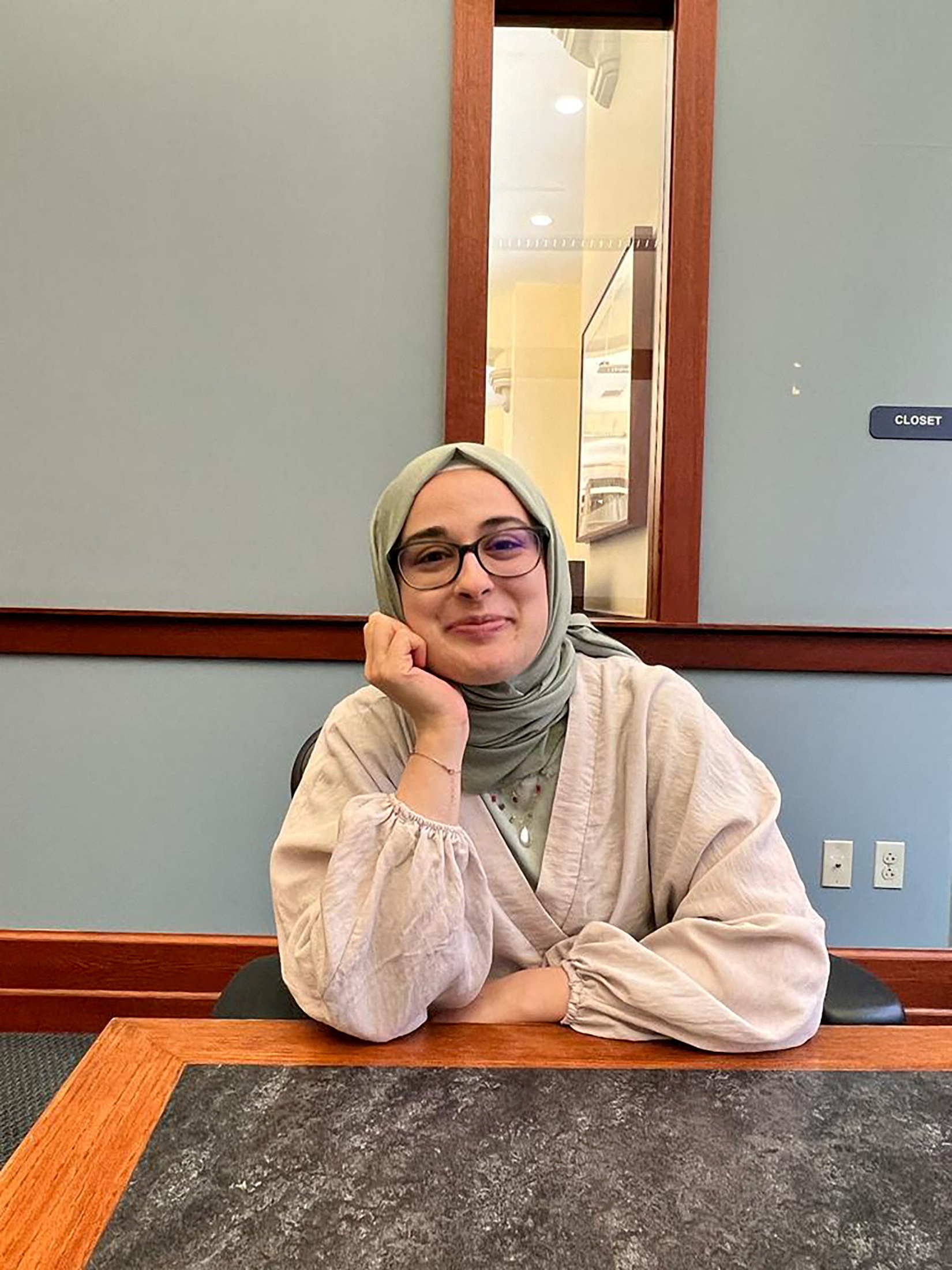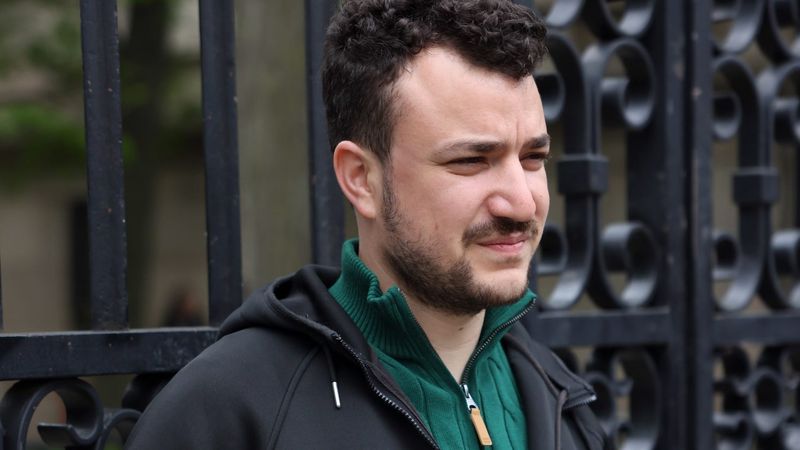A Palestinian student at Columbia University has been detained by US Immigration and Customs Enforcement (ICE) while attempting to complete a citizenship interview in Vermont, according to a report.
Mohsen K. Mahdawi, a legal permanent resident and former leader of the campus protest movement, was taken into custody at the US Citizenship and Immigration Services (USCIS) office in Colchester, Vermont, the Intercept reported on Monday.
"He came to this country hoping to be free to speak out about the atrocities he has witnessed, only to be punished for such speech," attorney Luna Droubi told The Intercept, describing his detention as unlawful and rooted in his Palestinian identity.
His lawyers filed a habeas corpus petition, alleging the US government was violating his due process rights by targeting him for his political views.
The filing suggested that he could be deported under a rarely used provision, the Cold War-era Immigration and Nationality Act, which allows immigrants to be deemed threats to American foreign policy and has been used by Secretary of State Marco Rubio in other recent cases, including against Palestinian activist Mahmoud Khalil.

Deportation serves as death sentence
Mahdawi believes that deportation would endanger his life, citing the deaths of family members and the destruction of their homes in the occupied West Bank. "It's kind of a death sentence," he was quoted by the Intercept as saying.
Mahdawi, who has advocated for peaceful dialogue between Jewish and Palestinian students, had scaled back his activism in 2024. Despite this, he became the subject of intense scrutiny by pro-Israel and zionist groups such as the Canary Mission and Betar, which have compiled public dossiers accusing him and others of antisemitism.
Vermont Senator Bernie Sanders slammed the detention of Mahdawi, saying he "must be afforded due process under the law and immediately released from detention."
He added that the individuals who detained him "refused to provide any information as to where he was being taken or what would happen to him. This is immoral, inhumane, and illegal."
He is now the ninth Columbia student facing deportation as part of a larger campaign to remove international students involved in Palestinian solidarity movements.

Crackdown
Mahdawi's case is one of a growing list that targets pro-Palestine students criticising Israel's genocide in the blockaded enclave.
On March 8, authorities arrested Mahmoud Khalil, who led the pro-Palestine protests at Columbia University last Spring. Trump hailed his arrest and said it was the "first of many."
Trump, without evidence, accused Khalil of supporting Hamas. Khalil denies links to the resistance group. A US judge on April 12 that he can be deported.
A few days after Khalil's arrest, Trump's claim came due after another pro-Palestine student, Badar Khan Suri, an Indian researcher at Georgetown University, was arrested. His attorney said he was arrested because of the Palestinian identity of his wife.
After the arrest of Suri, authorities went after another pro-Palestine student, Momodou Taal, asking him to turn himself in.
On March 25, Yunseo Chung, a Columbia University student, said she sued the Trump administration to stop her deportation from the US over her participation in a pro-Palestine protest last Spring.
Also on March 25, Rumesya Oztuk, a PhD student at Tufts University, was kidnapped in broad daylight by authorities for criticising Israel's carnage in besieged Gaza.
Other students, like Leqaa Kordia, Ranjani Srinivasan, and Alireza Doroudi have either been detained or self-deported.



















